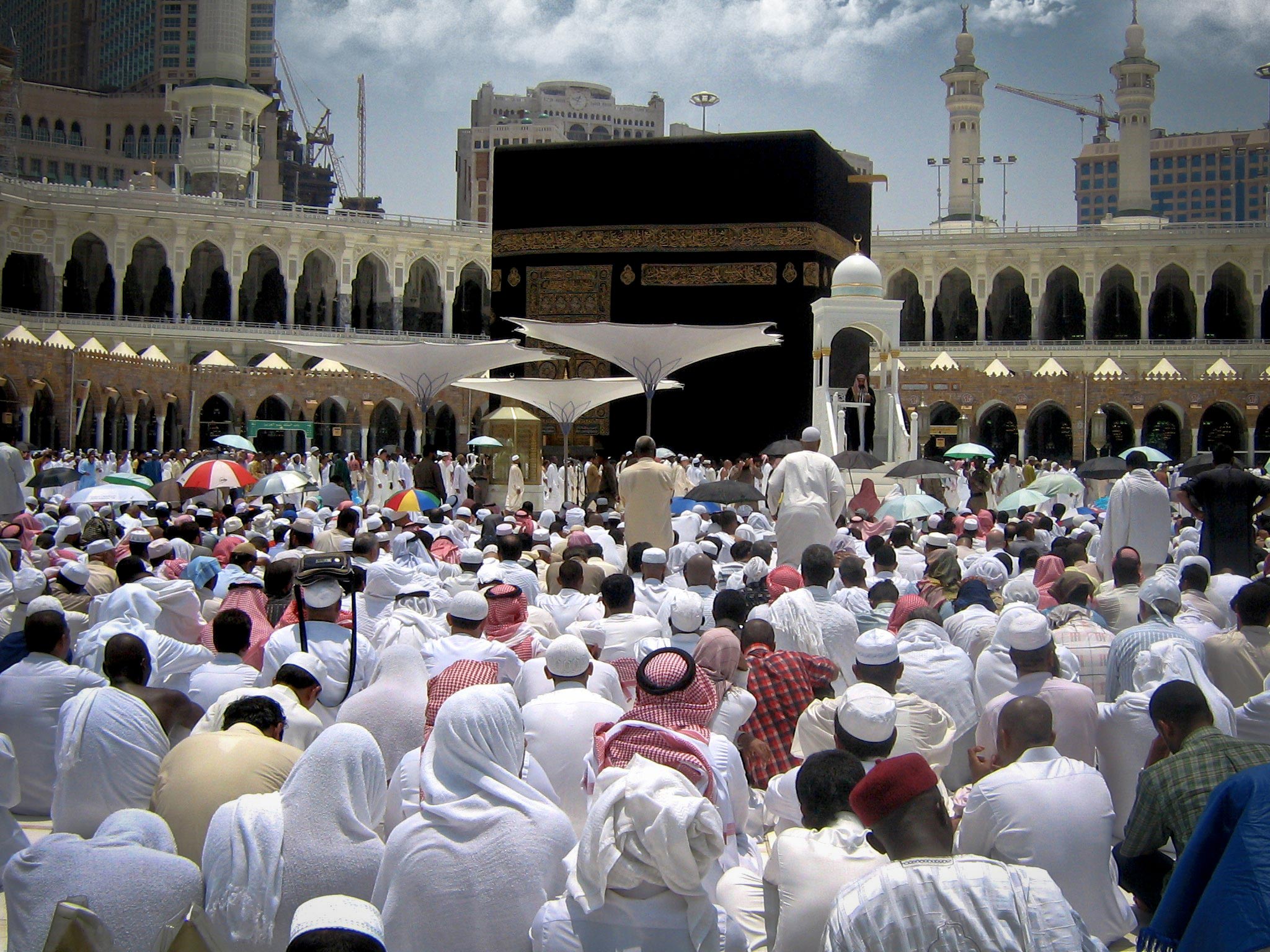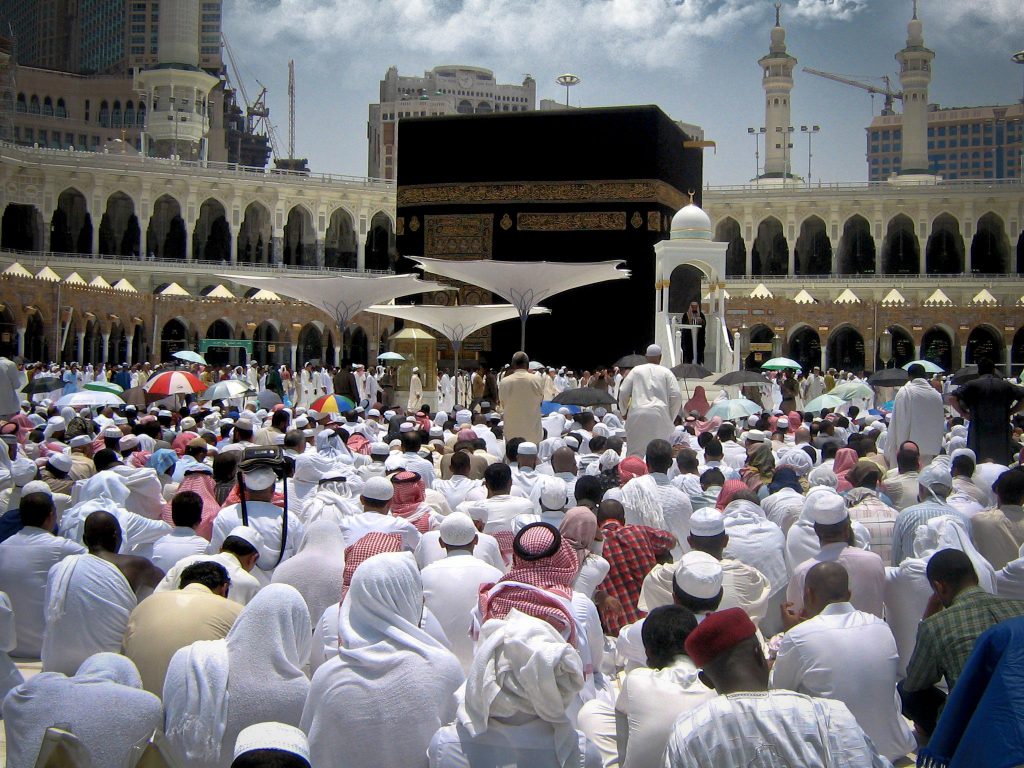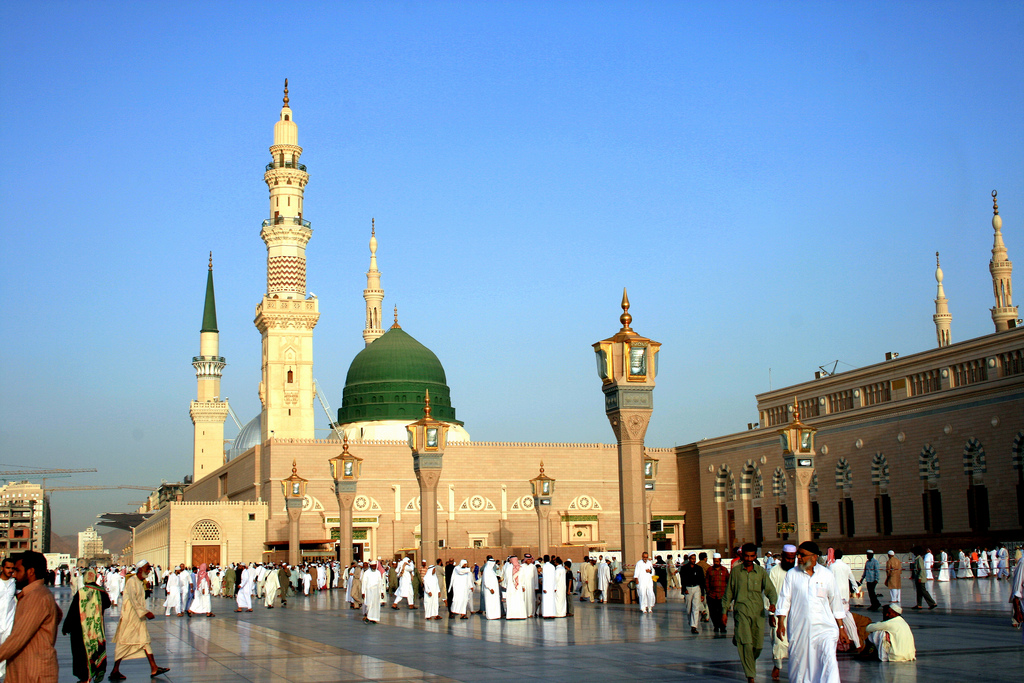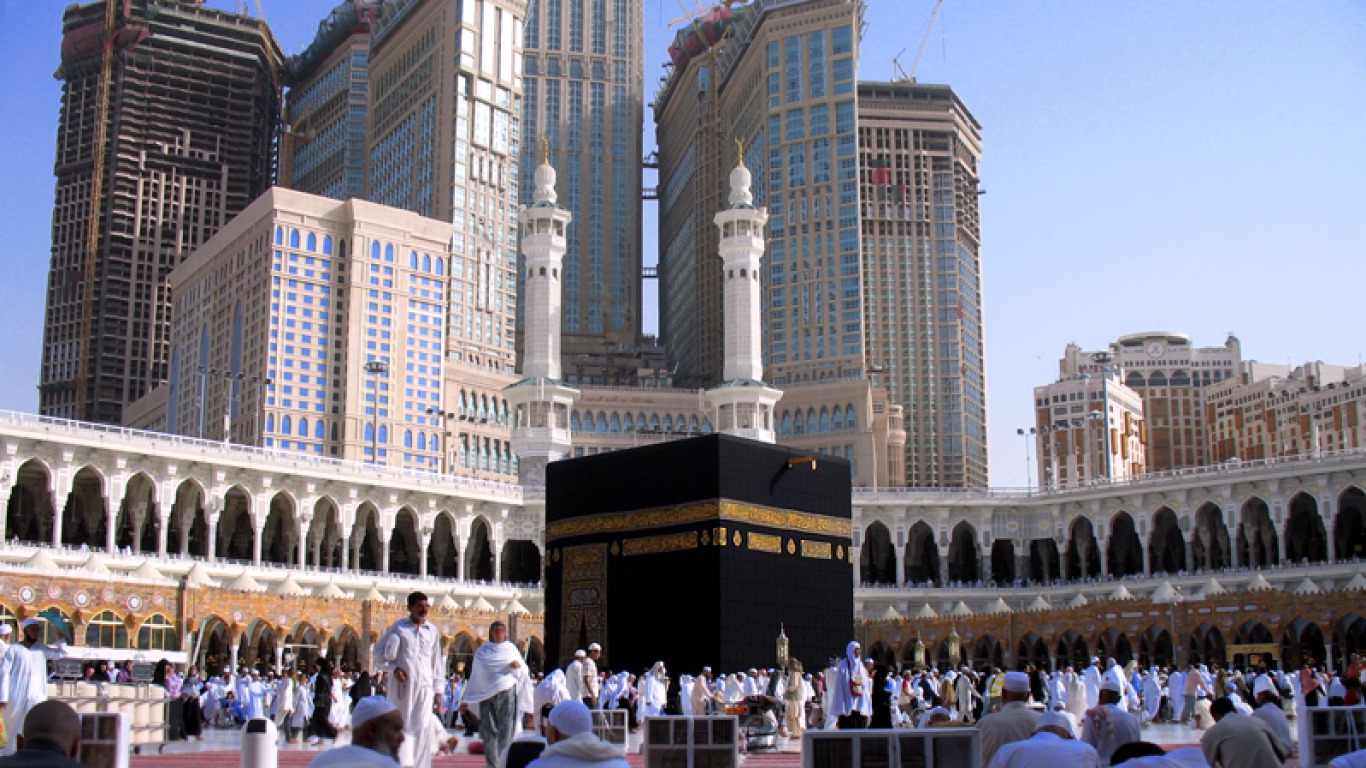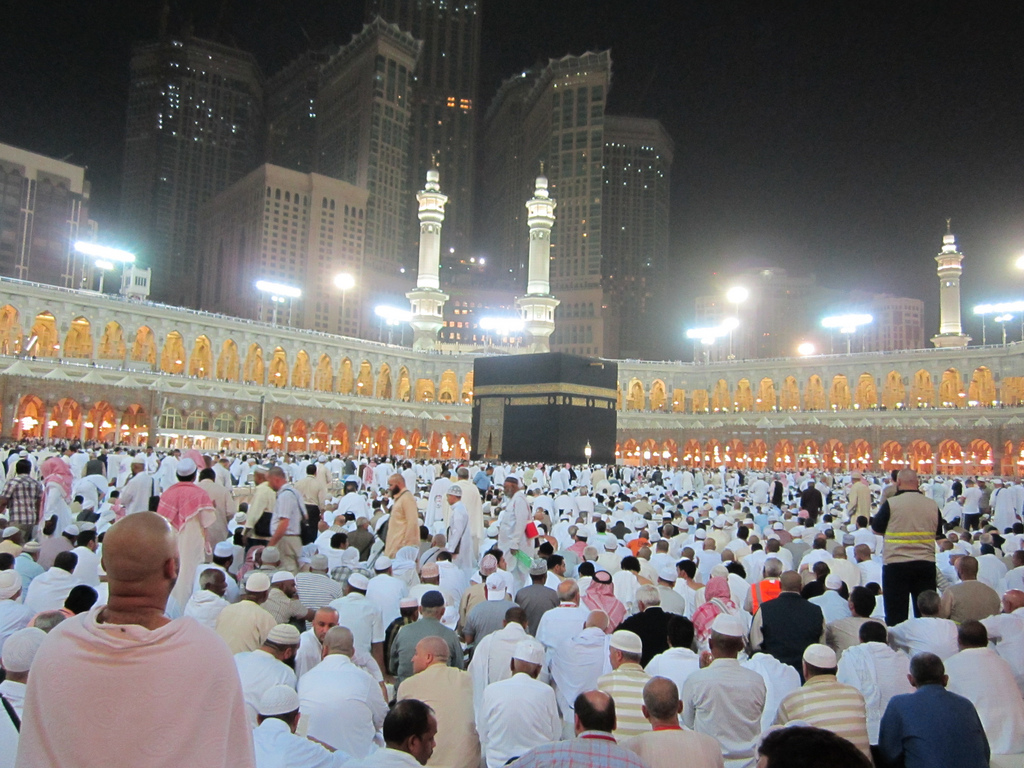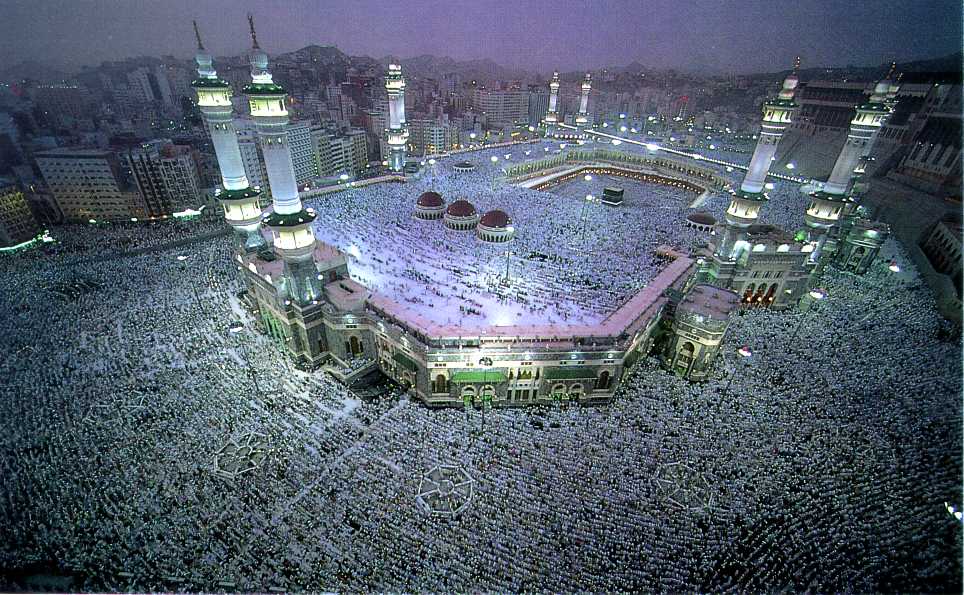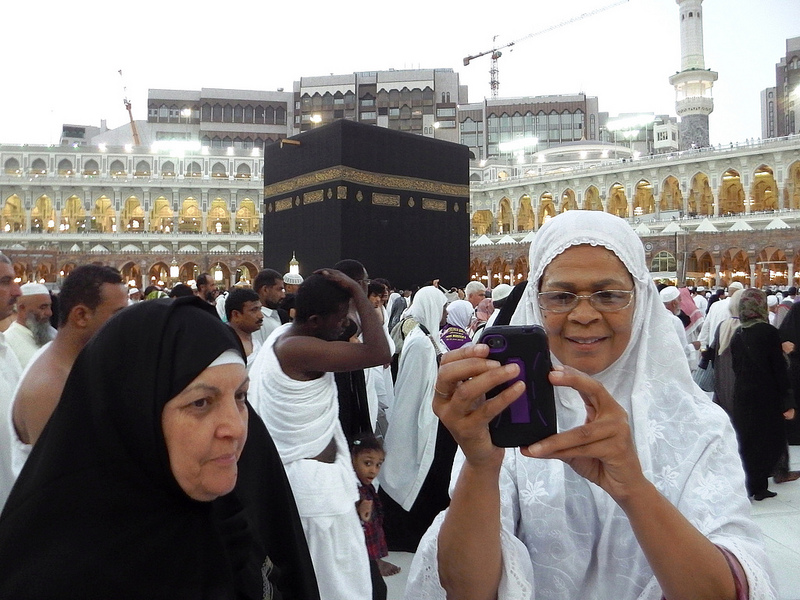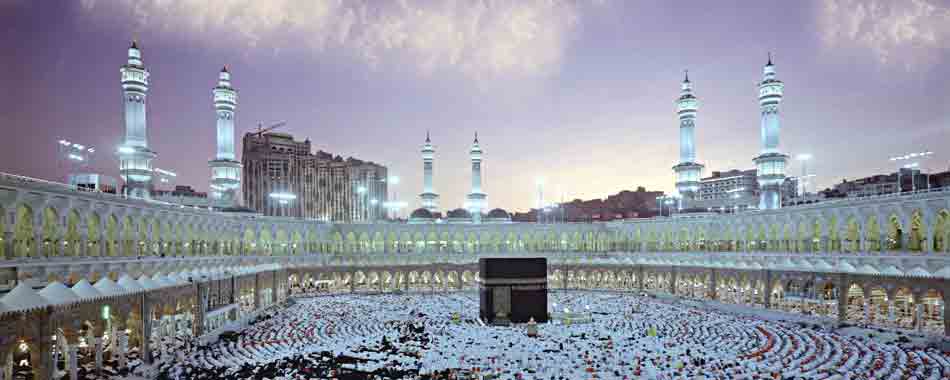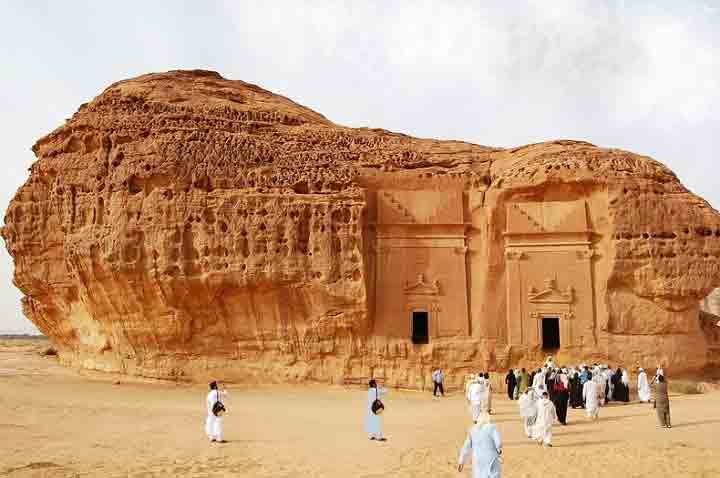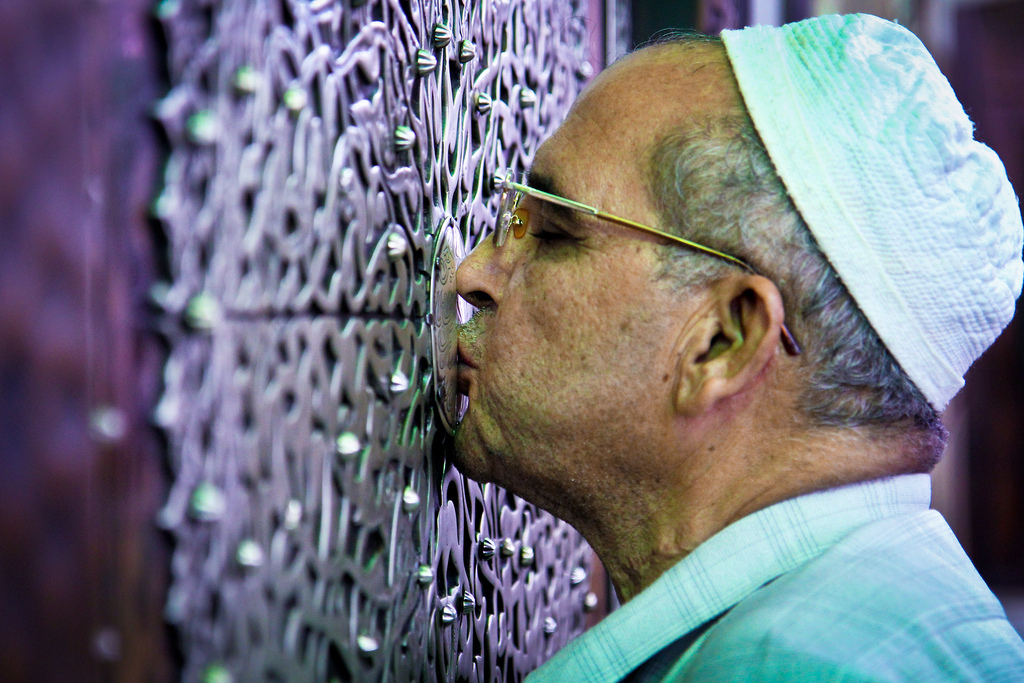 image by: aswad.zhiyou
image by: aswad.zhiyou
MAKKAH — The first Umrah pilgrims are expected to arrive in the Kingdom on Nov. 13 signaling the start of the Umrah season which begins usually on the first day of Safar and continues until the end of Ramadan.
The last batch of pilgrims, who performed Haj this year, left the Kingdom on Wednesday, Oct. 28.
“Only 15 days separate the end of Haj and the beginning of the Umrah season,” spokesman of the Haj Ministry Hatim Al-Qadi told Makkah daily on Tuesday.
He said the ministry uses this interval to review its final plans for the season and to inform the Haj companies of any new arrangements.
A total of 1,327,944 pilgrims have arrived and 1,327,751 of them have departed the Kingdom for their respective homes after performing the Haj.
“The ministry avails the lapse of 15 days to go again over its plans formulated as early as September so as to ensure the success of the season and provide pilgrims with the services that will enable them to do their rituals in ease, peace, and comfort,” he said.
Qadi said the new Umrah plans were made after taking into consideration the remarks and observations of the previous season.
He noted that the citizens and expatriates living in the Kingdom usually avail themselves of this period to perform Umrah or visit Madinah as the two holy cities will not be too crowded.
The ministry provides the Umrah pilgrims coming from outside with a package of services beginning with the travel date, the air carrier, location of accommodation and its distance from the Grand Mosque or the Prophet’s Mosque, number of beds in each room, date of proceeding to Madinah, sustenance and the date of final departure.
The Umrah visa is normally valid for two weeks. The ministry also closely watches the service-providing companies ensure that they are committed to providing the pilgrims with the services agreed upon.
Any company which fails to provide excellent services to the pilgrims will be prevented from contracting new pilgrims for the entire season.
Recently, Haj Minister Bandar Al-Hajjar said a new Umrah system and its executive bylaws will be issued soon with a view to increasing the number of pilgrims every year.
He told Okaz/Saudi Gazette that starting next year, as many as 1.25 million pilgrims are expected to arrive every month compared to the present number of 400,000.
Hajjar said the new system is aimed at increasing the number of pilgrims so as to fully utilize the gigantic projects implemented by the government of the Custodian of the Two Holy Mosques.
Hajjar said the ministry will continue to use its e-portal under which procedures to issue a visa will not take more than a few minutes.
According to the ministry’s figures, five million Umrah visas were issued in 2013 and six million each during 2014 and 2015. It is expecting 10 million visas to be issued in 2016 and 60 million by 2018.
Article by: saudi gazette
British haj travel umrah packages here:
- Golden Umrah Package
- Economic Umrah Package
- Umrah Package

